Many individuals experience fear or anxiety when visiting the dentist. This apprehension, stemming from past experiences or general unease, can prevent patients from seeking necessary dental care. Fortunately, modern dentistry offers solutions such as conscious sedation to enhance comfort and reduce stress during dental visits.
Intravenous conscious sedation has emerged as a safe and effective option in dentistry for anxious patients (Bean & Aruede, 2023). Learn about this technique, its benefits, and how it can revolutionise your dental care experience.
Understanding Conscious Sedation in Dentistry
Conscious sedation for dentistry, particularly intravenous conscious sedation, is a medical technique used to induce a state of deep relaxation in patients whilst maintaining their consciousness.
Unlike general anaesthesia, which renders patients unconscious, conscious sedation in dental procedures allows individuals to remain awake and responsive to the dental surgeon’s instructions whilst in a state of profound calm and relaxation (Bean & Aruede, 2023).
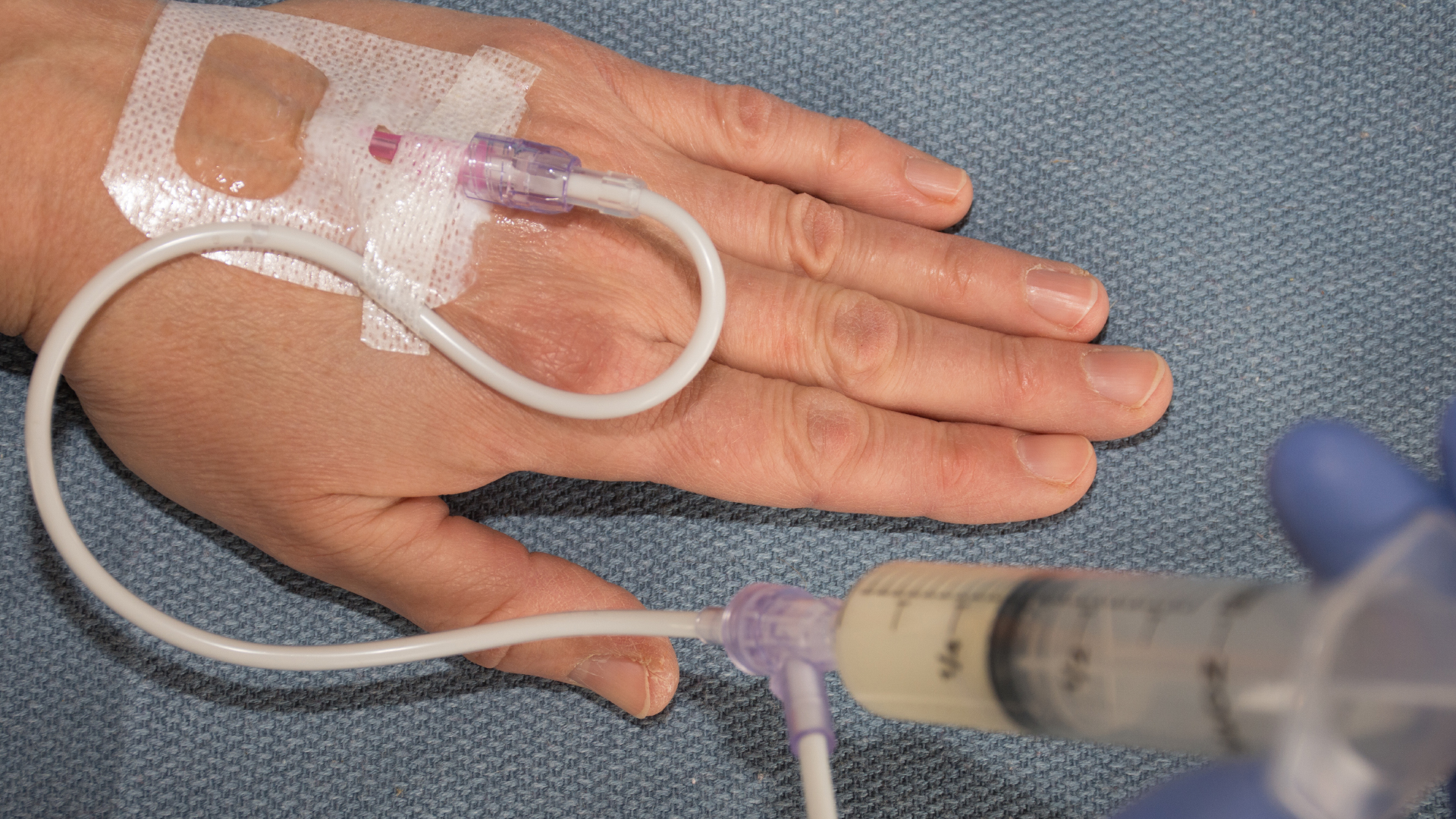
The process involves administering sedative drugs directly into the patient’s bloodstream via a small needle inserted into a vein, typically in the arm or back of the hand. The drugs are carefully dosed to achieve the desired effect without risking deep sleep.
A key advantage of conscious sedation for dental treatments is its rapid onset. Sedation effects are felt within minutes, allowing the dental surgeon to commence treatment promptly. The level of sedation can be adjusted in real-time according to the patient’s needs and the procedure at hand (Bean & Aruede, 2023).
Benefits of Conscious Sedation in Dental Procedures
Conscious sedation for dentistry offers numerous advantages for both patients and practitioners:
- Anxiety reduction: This is the most significant benefit. Patients who would typically be too anxious to endure dental treatment can receive necessary care in a calm, relaxed state (Bean & Aruede, 2023).
- Enhanced comfort: Conscious sedation in dental procedures not only reduces anxiety but also diminishes the perception of pain and discomfort. This allows patients to better tolerate lengthy or complex procedures such as dental implants.
- Improved efficiency: With a calm and cooperative patient, the dental surgeon can work more efficiently, potentially reducing the time required for certain procedures (Bean & Aruede, 2023).
- Gag reflex control: For patients with a strong gag reflex, conscious sedation in dentistry can temporarily suppress it, facilitating treatments in hard-to-reach areas of the mouth.
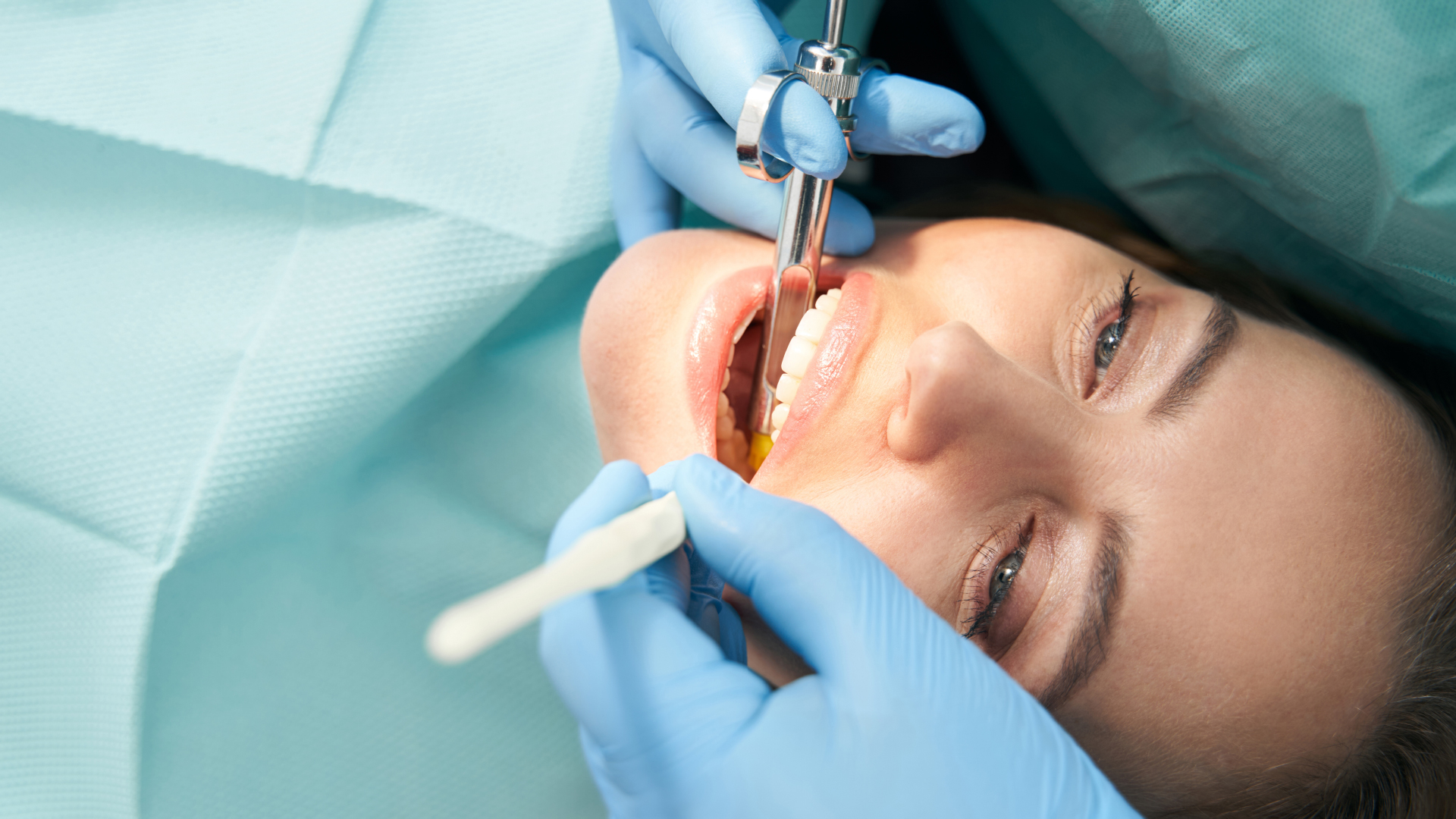
Suitable Candidates for Conscious Sedation in Dental Treatments
Whilst not necessary for all patients, conscious sedation for dental procedures can be particularly beneficial for:
- Anxious or phobic individuals: For those with extreme dental anxiety, this technique can be the difference between receiving essential care and avoiding it altogether (Bean & Aruede, 2023).
- Patients undergoing lengthy or complex procedures: For time-consuming or particularly invasive treatments, conscious sedation in dentistry can make the experience significantly more tolerable.
- Individuals who struggle to remain still: Whether due to a neurological condition or general restlessness, conscious sedation for dental work can help these patients receive the care they need.

Note: Conscious sedation in dentistry is not suitable for everyone. Pregnant women, individuals with certain medical conditions, or those taking specific medications may not be appropriate candidates (Bean & Aruede, 2023).
Preparing for Conscious Sedation in Dental Procedures
Patients undergoing conscious sedation for dental treatment are typically instructed not to eat or drink for several hours before the procedure. Specific guidelines may vary, but a 6-8 hour fast for solid food and 2 hours for clear liquids is common practice (Bean & Aruede, 2023).
It is crucial to arrange for someone to accompany you to your appointment and take you home afterwards. The residual effects of sedation can make driving unsafe for several hours.
Tip: Wear loose, comfortable clothing on the day of the procedure and ensure you get a good night’s sleep beforehand.
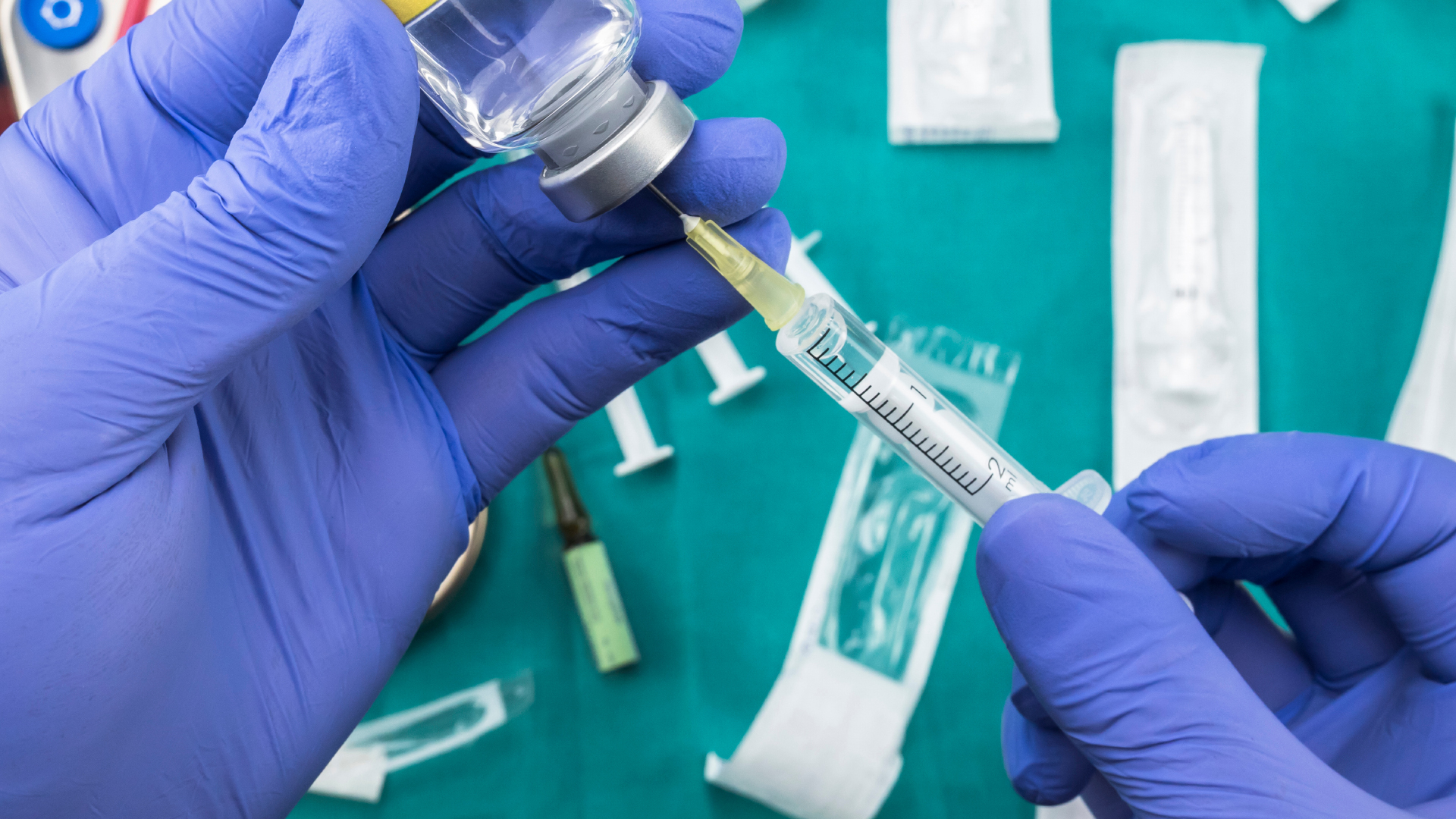
Local Anaesthetic in Conscious Sedation for Dentistry
Although conscious sedation in dental procedures helps reduce anxiety and increase patient comfort, it does not replace local anaesthesia.
Local anaesthesia is generally still required for most dental procedures, even when conscious sedation is employed (Bean & Aruede, 2023).
Post-Sedation Effects in Dental Conscious Sedation
Following conscious sedation for dental work, patients may experience various temporary effects that typically dissipate within hours of the procedure. Drowsiness is the most common effect and may persist for several hours after treatment. Many patients report a pleasant feeling of calm and well-being that lingers after sedation (Bean & Aruede, 2023).
Recovery from conscious sedation in dentistry is generally swift, with most patients feeling fully recovered by the following day.
At Body Expert, we prioritise a comfortable and stress-free dental experience through conscious sedation for dental treatments. Contact us now to learn more about dental care in Turkey and benefit from top-quality treatments.
Sources
Bean, T., & Aruede, G. (2023). Conscious Sedation in Dentistry. In StatPearls. StatPearls Publishing. https://www.ncbi.nlm.nih.gov/books/NBK592406/
340 vues
0 commentaires
0


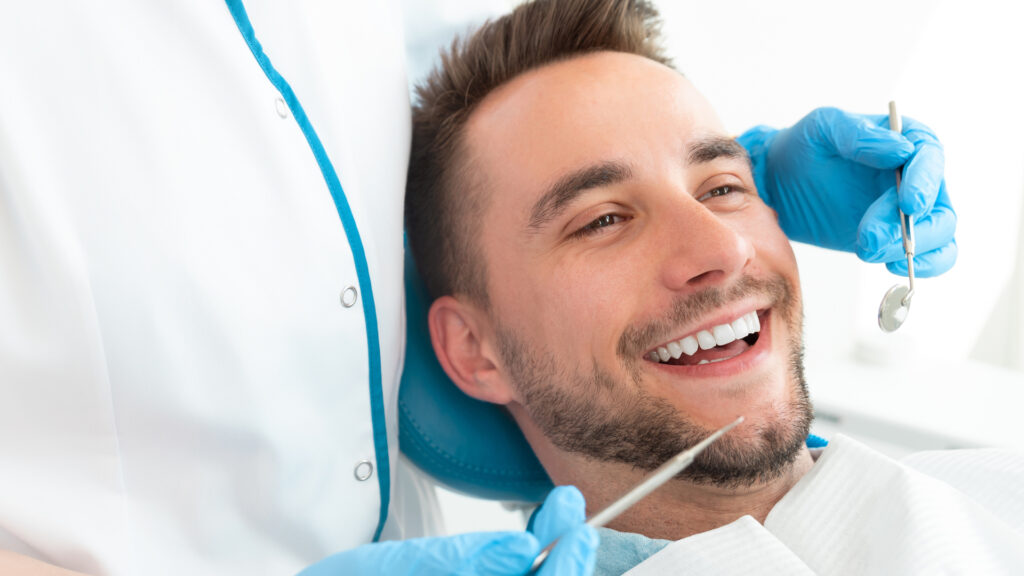
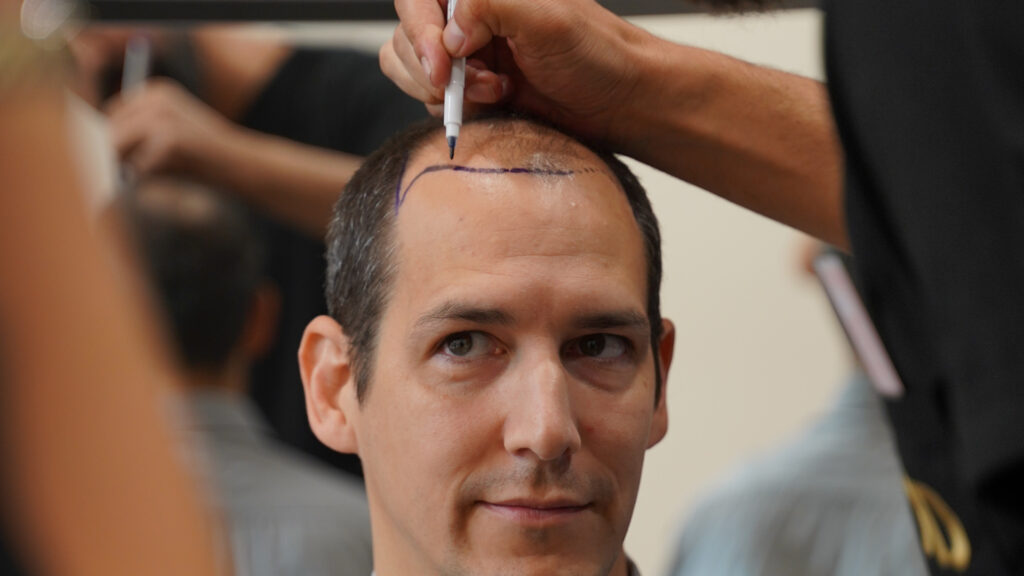
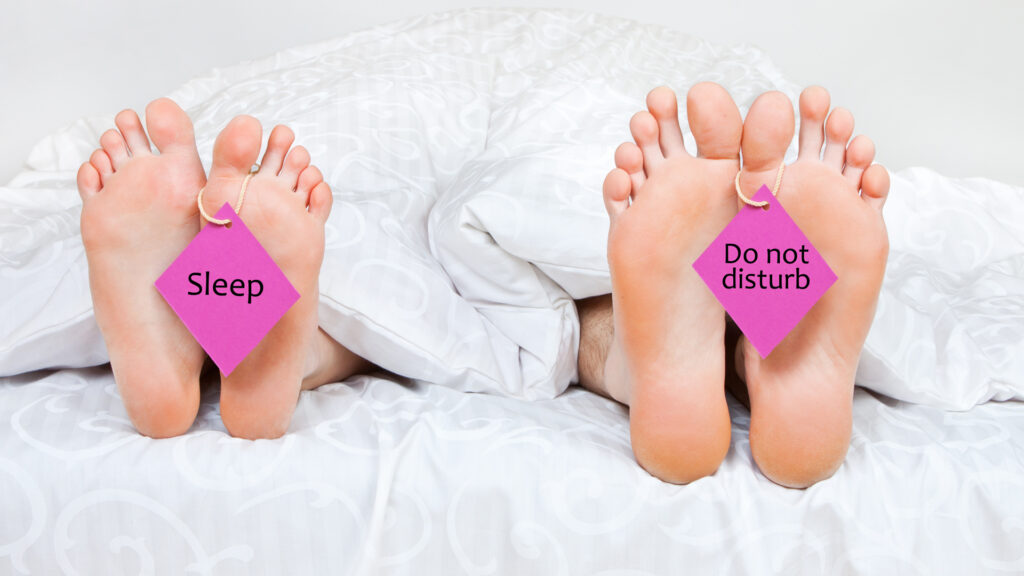

Il n'y a pas de commentaires pour le moment.